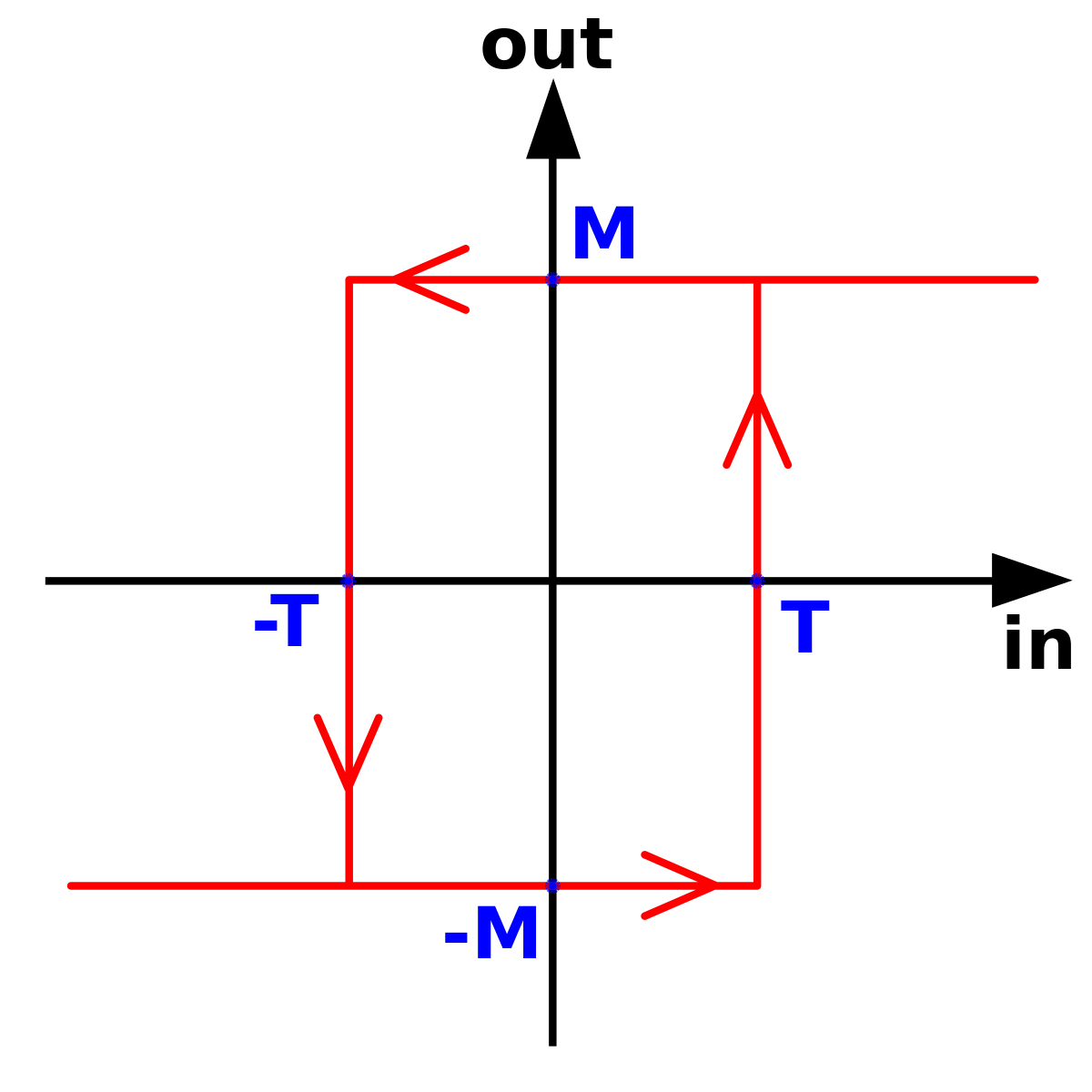I concur. If the clock is running off of the 60 Hz line waveform then there should be a Schmitt trigger on the input that will prevent false triggering on noise near the zero crossings (unless the noise is very large). It was common practice to include this function but perhaps they're cheapening designs and not including it.

en.wikipedia.org
Are all of the problem clocks running on meters that are read using PLC signalling? I remember you posted something relating to this several months ago. The signalling you mentioned then was quite low in frequency and so I don't think a ferrite choke would remove it. However, the PLC signalling might reduce the slope of the voltage waveform (i.e, flatten it) at the zero crossings, and that could increase the susceptibility to noise from other sources (including other devices in the home). If that was happening then a good line filter before the stove's power cord might help reduce this other noise and therefore false triggering that increments clocking events.
I agree with zbang that a manufacturer should be contacted to see if they can provide info on whether the timebase is a crystal oscillator or the power line. If crystal controlled timebases are having the problem then it's not likely the problem is being caused by a POCO power quality issue.



